-
Aaron Kitchen posted an update 6 years, 8 months ago
As an Internal Auditor in Community Banking, I was involved with a project approximately 18 months ago, to analyze the potential benefit of launching an in-house Wealth Management Dept. This was a case where I was able to experience first-hand the importance of stakeholder buy-in with respect to a project. My role, due to my background as a Financial Advisor, was to work with a Vice President at the research level, and then provide scenarios on the topic of bank net income similar to the approach we discussed in working with Gantt charts: optimistic, realistic, and pessimistic.
Following several weeks of regular meetings and discussion, I was advised that the Executive Management team had been advised by an unnamed stakeholder that the bank’s primary market was not appropriate for the launch and the project would be closed down immediately. This occurred based on the feedback of only one stakeholder that I can only assume was at a level as high as the Board of Directors, due to being unnamed.
Upon inquiring as to why the project was closed down prior to formal presentation of my findings, the only feedback I was given to justify the advice Executive Management received and accepted was that the stakeholder believed certain trends to be emerging in the financial services industry that would work against the project long-term. I felt the assumptions of the anonymous stakeholder to be incorrect based on experience, research, and generational retirement statistics. However, without a chance to present such information formally to all stakeholders, there was no way to keep the project in motion. The project was closed down as advised. This taught me that stakeholder buy-in to a project is of the utmost importance, at all levels, in many organizations.
Connect and innovate with an elite information systems program
Footer
MANAGEMENT INFORMATION SYSTEMS
Fox School of Business
Temple University
210 Speakman Hall
1810 N. 13th Street
Philadelphia, PA 19122
